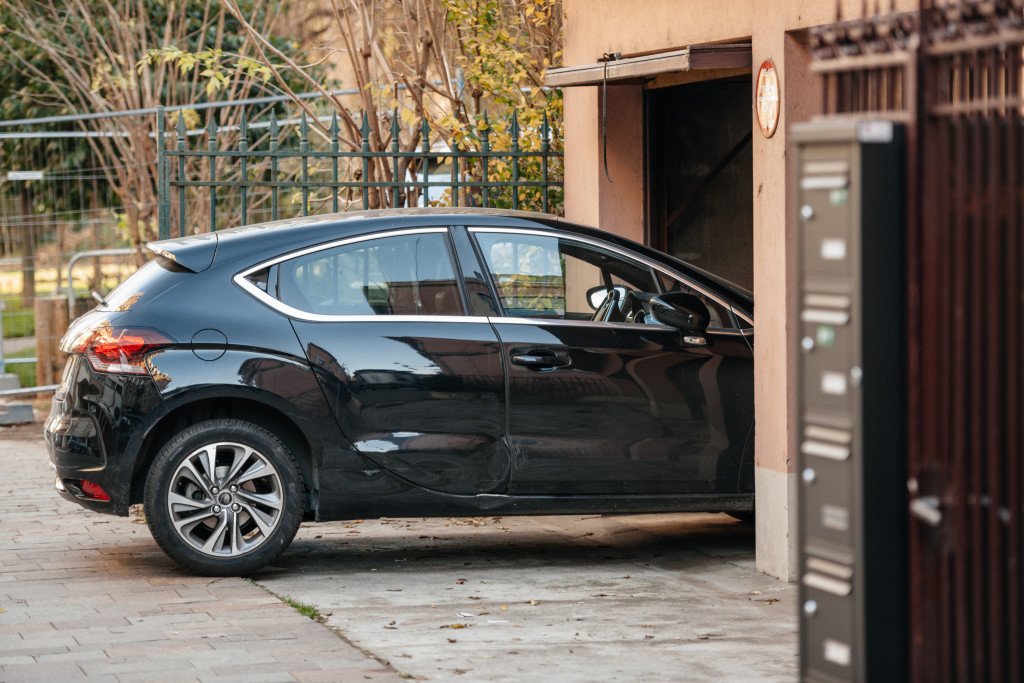It might seem like your garage is one of the most underused parts of your home with not that much foot traffic. But it is still one of the essential elements of your house that need care and maintenance. Even if people aren’t zooming in and out of the garage, the fact that it’s used to store vehicles means that the flooring needs to be durable and should last a long time.
But we can’t deny that almost any building material that’s used in our home will have an expected lifespan. Whether it’s concrete, clay bricks, floorings, or wood, at a certain point in time, it will visibly crack and corrode. While some materials can be repaired and refurbished, some need to be replaced entirely. Floorings, especially those that are affixed on your garage, are subject to the test of time.
But right before we replace the garage flooring, we have to first look into the different telltale signs that it needs to be removed.
Signs to Look Out For
Not only are garage floors subject to rigorous physical damage from heavy wheels and tracks, but they can also be affected by temperature changes, moisture build-up, and chemical spills that might corrode the floor. While most floorings can be easily repaired, there will be instances where your garage one will incur permanent damage, and the only means of restoring it is through a flooring replacement. So what are the telling signs that we have to look out for?
Water Damage
This type of damage is quite prevalent during winter and hurricane seasons, where snow can get in or where strong winds will blow rain inside your garage. Moisture that seeps through the cracks of the floor also tends to cause damage to its integrity.
Typically, water damage is primarily caused by holes on the roof, an inefficient gutter system, or the water becoming trapped inside your garage since there’s no outlet. While replacing your flooring might do the trick, addressing the root of the problem can help prevent any future water-based damages.
Temperature Fluctuations
For a temperate place like Utah, the ever-changing seasons can create a fluctuation of temperature that can make certain materials expand and recede. Even though the weather in this area might be a bit mild, the freezing and thawing cycle can cause irreparable damages to exposed flooring coatings.
Most homeowners might think that the garage doesn’t need insulation against freezing temperatures. However, it’s one of the places in the house that lack proper insulation. Not only will low temperatures affect your flooring, but they can also affect equipment and chemicals. As such, making sure that your garage is dry and at room temperature is ideal.
Traces Of Chemicals From Wheels
During colder seasons, some counties tend to place salt on roads to ensure that cars won’t veer off-road and slide. These deicers can get stuck on the wheels of vehicles. Aside from salt, other chemicals can attach themselves to your car wheels and cause damage to your garage floor coating.
When to Call a Professional

Now that you know some signs that you need to look out for, you can start the replacement process. Contrary to what most people say, it’s best not to do the flooring yourself. Having professional supervision, especially from a flooring contractor, will help expedite the process. Moreover, having a professional contractor will mitigate any errors and accidents that might happen if you’re just doing it yourself.
It might seem like an extra cost, but trusting your project to a professional will yield the best results for your garage flooring. Professional floor coating experts have top-of-the-line resins and hardeners that will help protect your floors. For example, they can use epoxy for your garage floor as a useful coating.
Equipped with the right knowledge in this industry, these professionals can discern whether your flooring will need to be repaired or replaced.
Once you see severe cracks and corrosion on your garage flooring, it’s time to call in a professional to help you replace the coating. Don’t worry! A flooring replacement will allow you to replace your current one with epoxy or other types of coverings. These are versatile and effective in protecting your garage floor from any form of damage. Remember that your garage is an extension of your home and that there are professionals that will help you protect it from the elements.
Whether it’s chemical spills, water damage, moisture build-up, or simply degradation from aging, certain floor coatings are highly resistant to almost any known harsh conditions that will damage it. So you should know which one to select for your garage.

